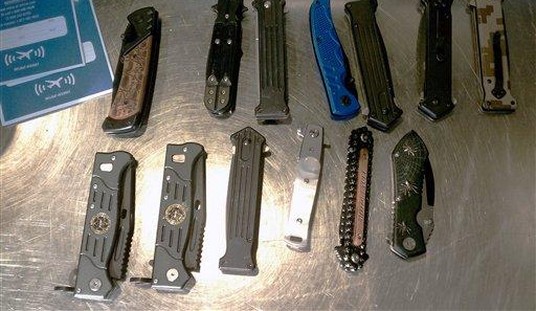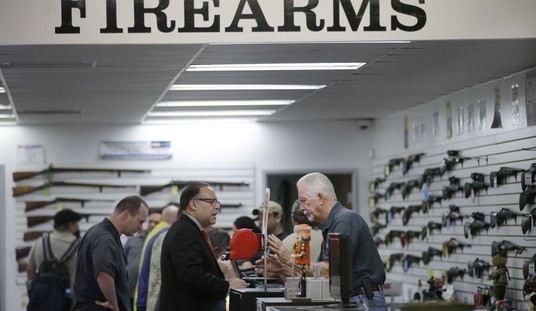DOUALA, Cameroon — Medical professionals from the U.S. Army Reserve’s 3rd Medical Command are providing support and training African armies in emergency medicine at Exercise Central Accord 14 here.
Central Accord 14 is a U.S. Army Africa-led multinational exercise hosted by Cameroon. The exercise brings together approximately 1,000 troops from eight nations including the U.S., Nigeria, Gabon, Burundi, Republic of Congo, Chad and the Netherlands. U.S. participants include contingents from the Army, Air Force, Marine Corps, Navy, and the Air and Army National Guards.
The exercise promotes multinational partnerships in order to build capacity and relationships in Central Africa.
The 3rd Medical Command, which focuses on deployment support, is headquartered outside of Atlanta, Ga., and has more than 7,000 soldiers located throughout the East Coast who provide medical, dental, optometry and veterinary care to soldiers in the U.S. Central and Africa Commands.

“We have two important parts of this Central Accord mission: the first is to provide real-world medical care,” said Col. Michael Kolodziej, the CA14 medical task force commander and the command’s chief for global force management.
Medical personnel from the unit stood ready at the drop zone when paratroopers from the 173rd Infantry Brigade Combat Team (Airborne) made the first ever U.S. military static-line parachute jumps in Cameroon March 17 and 20 in Koutaba.
“We have a fully-functional forward surgical team to include blood – you name it, just like we would in Iraq or Afghanistan,” said Kolodjiez, a resident of Keene, N.H.
“The second part is building partner capacity through partnership training” he continued. “Our command is regionally aligned with Africa, so all of [U.S. Army Africa’s] medical support comes from our command.”
The command is one of two medical agencies in Cameroon teaching medical skills, along with the Defense Medical Readiness Training Institute from Fort Sam Houston, Texas, but the 3rd teaches more specialized skills.
“We are teaching graduate-level medical training,” said Kolodziej. “We’ve developed a very detailed partnering plan with our host-nation comrades to teach them all the things that we would normally teach ourselves. Some of it is borrowed from our normal training plans, but it’s all the operational, logistical and clinical training that we are reaching out to our partner nations.”
About 20 Cameroonian military doctors and nurses, along with some from Nigeria, Gabon and Burundi took part in the training, along with 14 Dutch military medical professionals, who were fully integrated co-trainers.
Where DMRTI is teaching group classes, the training the 3rd is doing is one-on-one: doctor-to-doctor and nurse-to-nurse in addition to systems training – mass casualty operations, triage operations, movement of patients, packaging patients for evacuation and tactical operation center management.
“This morning we did some training on post-operation recovery wards in the combat hospital environment,” said Cameroonian army Chief Warrant Officer Donatus Mbuluh, a nurse. “The training with the Americans gave the African students access to supplies and technology that even some of the top hospitals in town don’t have.”
The training differences between the participating nations were acutely visible to the trainers, most of whom had seen medical facilities across the world through previous deployments.
“It’s important to see how different nations do things,” said Capt. Jessica M. Osuch, a family nurse practitioner with the command’s 804th Medical Brigade. “It’s important to share with our partners information that they may not have due to different levels of education and educational standards,” said the Fairhaven, Mass. native.
Sharing doctrinal knowledge and experience was the main theme of the medical portion of the exercise.
“Training together is important because we are all exchanging ideas and relaying information and in the future we hope to be like [the instructors],” said Mbuluh.
Central Accord provides an opportunity for these citizen-Soldiers to deploy and gives them a chance to use skills honed in civilian medical practice to the battlefield – or in this case, military installations in Central Africa.
“It’s been a totally positive experience,” said Kolodziej. “It’s outstanding training and it’s the way of the future for us.”
Accompanying a headquarters element were Soldiers from the 402nd Forward Surgical Team and 399th Combat Support Hospital, part of the command’s 804th Medical Brigade, all located at Fort Devens, Mass.








Join the conversation as a VIP Member